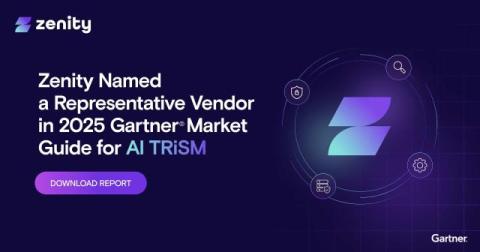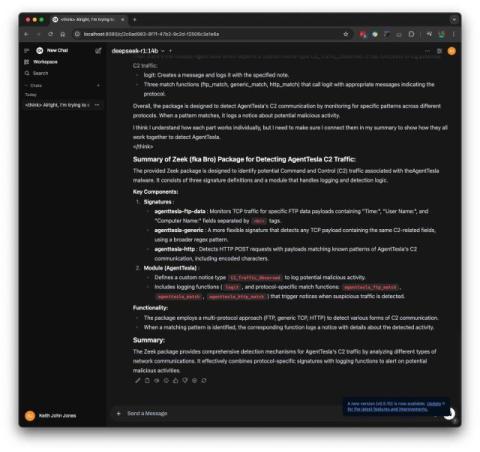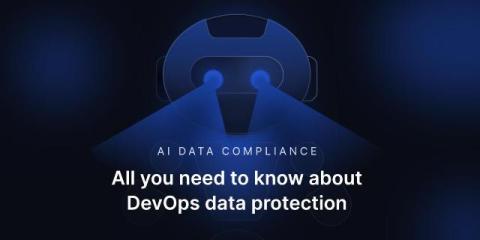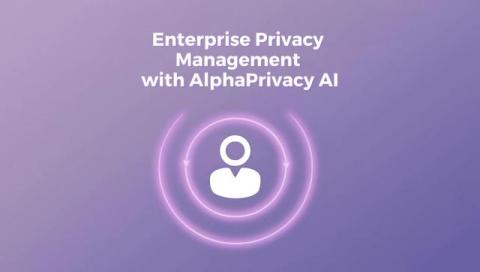Gartner's AI TRiSM Market Guide Validates the Urgency of AI Agent Security
AI Agents are not just another tech trend; they are fundamentally reshaping how enterprises operate. These autonomous systems are deeply embedded into workflows, making real-time decisions, executing tasks, and integrating across an organization’s most critical systems. With this shift comes an undeniable reality: enterprises are handing over operational control to AI-driven entities without the necessary governance and security frameworks in place.











